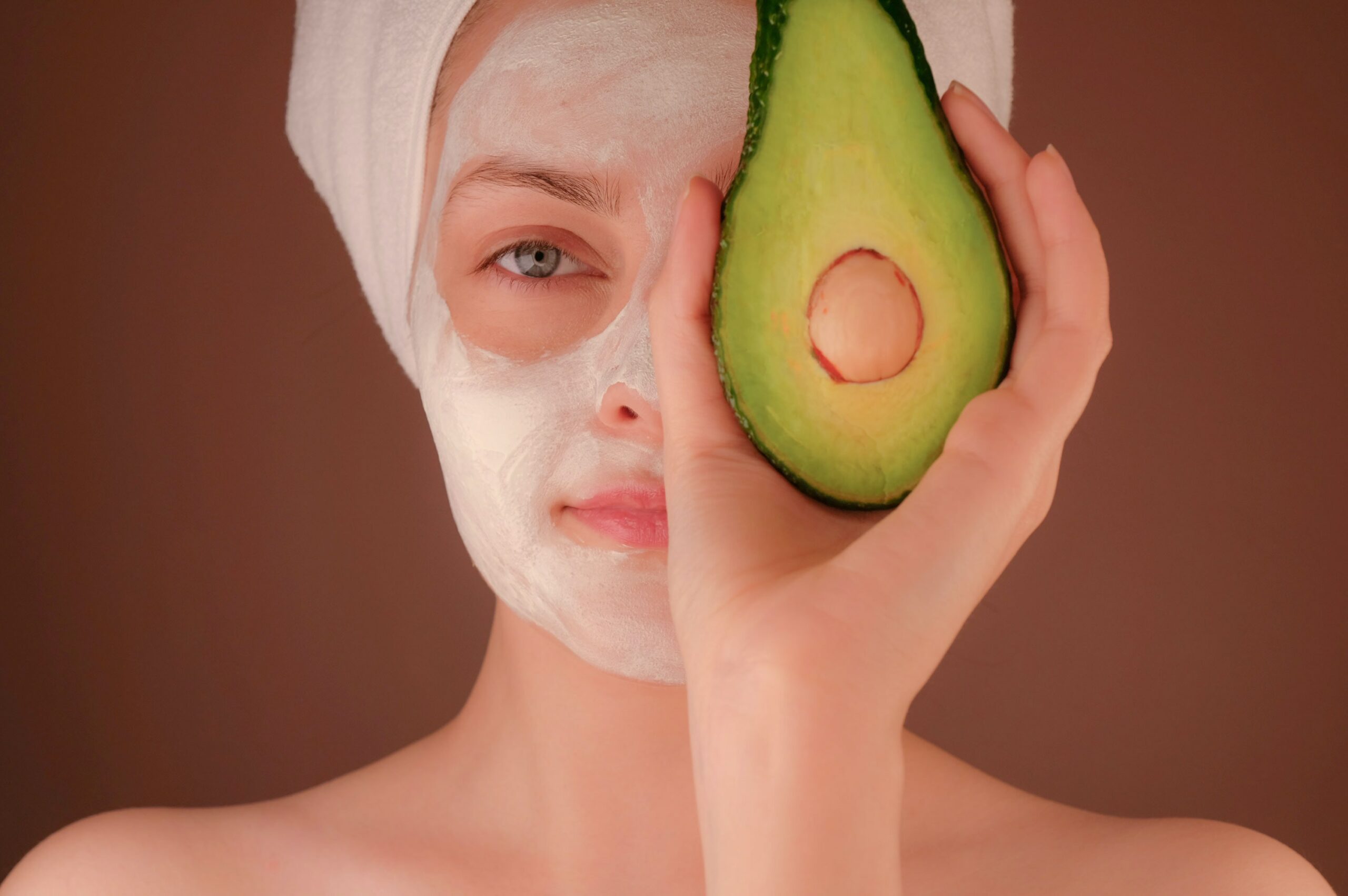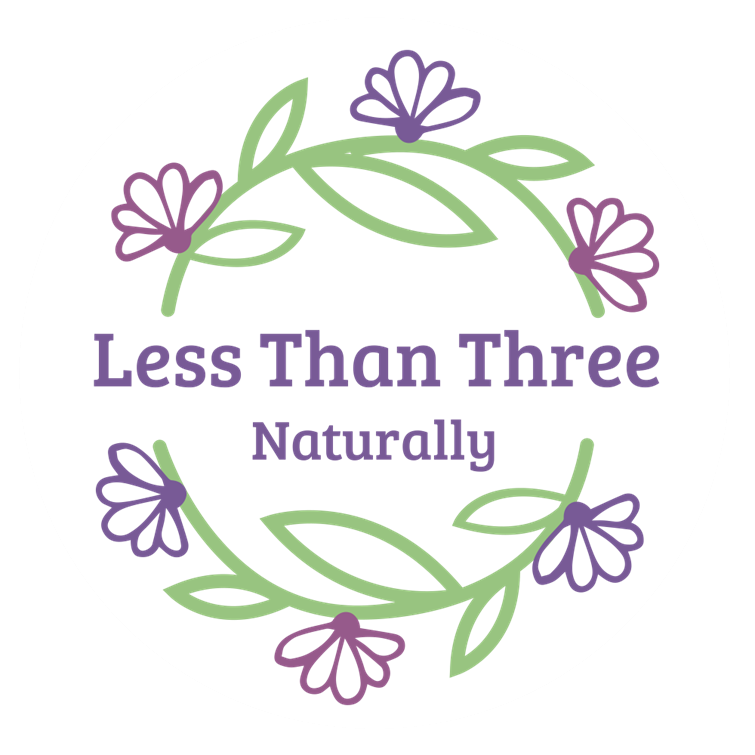
What is Natural Skincare?
To start with, there is no legal definition of the word ‘natural’. So, ‘natural’ can mean different things to different people. In the beauty and cosmetic industries, there is discussion around four levels or “shades” of natural.
These are:
🌿 As natural as you can get – The product or ingredient is harvested and maintains its original chemical shape and structure (changes are made to the physical shape/structure only) – E.G. cold processed oil such as apricot kernel oil.
🌿 Naturally derived – the harvested ingredient has undergone a chemical reaction(s) such as fermentation or hydrolysis. It includes ingredients such as emulsifiers, preservatives and others. An example of this is Sclerotium Gum.
🌿 Nature Identical – the ingredient is synthetically processed and is identical to the ingredient found in nature. A great example of this is citric acid. This ingredient is used in many different industries around the world and it is not cost effective or sustainable to produce the amounts needed by deriving it straight from citrus fruits. It is almost impossible to find a naturally derived citric acid.
🌿 Synthetic mimic – derived from natural ingredients and manipulated to mimic a synthetic molecule or ingredient E.G. Glycol. These products replace those that are traditionally created from mineral oil and are used in preservatives, humectants etc.
However, just because something is made in a lab, doesn’t mean it’s toxic, and just because something’s completely natural, doesn’t mean it’s not harmful. Think about poison ivy, stinging nettle and Australian gympie, all are natural yet harmful to the skin and for some, can be fatal to touch.
Some citrus-based extracts like lemon and orange can be irritating, especially for those with sensitive skin. Citrus oils can also be phototoxic and if left on the skin while in the sun may cause sunburn, blisters, and other skin problems. Hyaluronic acid can be derived from either a natural source (animals) or replicated in a lab to create an identical synthetic ingredient using plant material. The result is the same, the only difference is how the ingredient is sourced or manufactured.
I’m sure you have seen and heard products and articles telling you to avoid synthetic ingredients such as mineral oil, SLS, phenoxyethanol, PEGs and parabens. And there is valid scientific evidence to support these claims.
But, not all synthetics are bad (remember citric acid I mentioned above) and some synthetic ingredients are mandatory for safe skincare, such as preservatives. No one wants mold or bacteria in their products. It also isn’t practical to store all our skincare in the fridge and replace it each week because we don’t want to use preservatives.
Having said that, there are types of preservatives that are safer than others, derived from plant materials and not petrochemicals.
So where does Less Than Three – Naturally stand in this debate?
We prefer to use natural, plant based products such as cold pressed oils, essential oils, extracts, hydrosols, CO2 extracts, glycerites etc.
We use organic if we have a choice. Organic not only means the plants are grown without the use of harmful chemicals or pesticides, but by definition organic also means a holistic and sustainable farming process. Organic ingredients can offer higher levels of nutrients. Researchers have found that plants can boost their production of phytochemicals to strengthen their resistance to bugs and weeds when faced with fewer pesticides.
We believe there is a place for both natural and synthetic ingredients in skincare. It is important to remember that the topic is not black and white and it is far better to educate yourself with ingredients that have evidence based research and choose what you are comfortable with using. This applies to all ingredients that have been clinically tested, regardless of their source. It simply means that there have been robust, scientific clinical trials done on the ingredients. If a skincare product doesn’t list all it’s ingredients, you should ask yourself why?
A great resource to check the ingredients in your skincare is the Environmental Working Group SkinDeep database https://www.ewg.org/skindeep/
This blog post has been created to give our point of view on a very murky subject. It is not created to cast doubt on any other’s choice of products and ingredients.
Photo Credit: Kimia Zarifi
References:
Perez, G.O. (2018). Green Beauty Influencers on Natural Ingredients They Avoid. [online] Formula Botanica. Available at: https://formulabotanica.com/green-beauty-influencers-natural-ingredients-avoid/ [Accessed 20 Feb. 2022].
Barański, M., Średnicka-Tober, D., Volakakis, N., Seal, C., Sanderson, R., Stewart, G.B., Benbrook, C., Biavati, B., Markellou, E., Giotis, C., Gromadzka-Ostrowska, J., Rembiałkowska, E., Skwarło-Sońta, K., Tahvonen, R., Janovská, D., Niggli, U., Nicot, P. and Leifert, C. (2014). Higher antioxidant and lower cadmium concentrations and lower incidence of pesticide residues in organically grown crops: a systematic literature review and meta-analyses. British Journal of Nutrition, [online] 112(05), pp.794–811. Available at: https://www.ncbi.nlm.nih.gov/pmc/articles/PMC4141693/. [Accessed 20 Feb. 2022].
https://www.rafood.com.au/. (n.d.). Organic and Sustainable: What’s the difference? – Ra Food. [online] Available at: https://www.rafood.com.au/blog/organic-and-sustainable-whats-the-difference/ [Accessed 20 Feb. 2022].
ifrafragrance.org. (n.d.). Who uses the IFRA Standards. [online] Available at: https://ifrafragrance.org/safe-use/who-uses-the-ifra-standards [Accessed 20 Feb. 2022].
Perez, G.O. (2018). Episode 8: Why 100% Natural Claims Could Get You Into Trouble. [online] Formula Botanica. Available at: https://formulabotanica.com/podcast-100-percent-natural-claims/ [Accessed 20 Feb. 2022].
Perez, G.O. (2018). Episode 2: Are you looking for Chemical Free Cosmetics? [online] Formula Botanica. Available at: https://formulabotanica.com/podcast-chemical-free-cosmetics/ [Accessed 20 Feb. 2022].
Perez, G.O. (2018). Episode 1: What Does Natural Skincare Mean? [online] Formula Botanica. Available at: https://formulabotanica.com/podcast-what-does-natural-skincare-mean/.www.abc.net.au. (2021). Is natural skincare really better for you? – ABC Everyday. [online] Available at: https://www.abc.net.au/everyday/is-natural-skincare-really-better-for-you/100005554 [Accessed 20 Feb. 2022].
Study Breaks. (2021). Natural Ingredients Are Not Always Better in Skincare. [online] Available at: https://studybreaks.com/thoughts/natural-vs-synthetic-skincare/ [Accessed 20 Feb. 2022].
www.cancer.gov. (2011). https://www.cancer.gov/publications/dictionaries/cancer-terms/def/phototoxicity. [online] Available at: https://www.cancer.gov/publications/dictionaries/cancer-terms/def/phototoxicity [Accessed 21 Feb. 2022].
The London Skin Clinic. (2017). Truths about “natural skincare.” [online] Available at: https://londonskin.com.au/truths-about-natural-skincare/ [Accessed 22 Feb. 2022].
